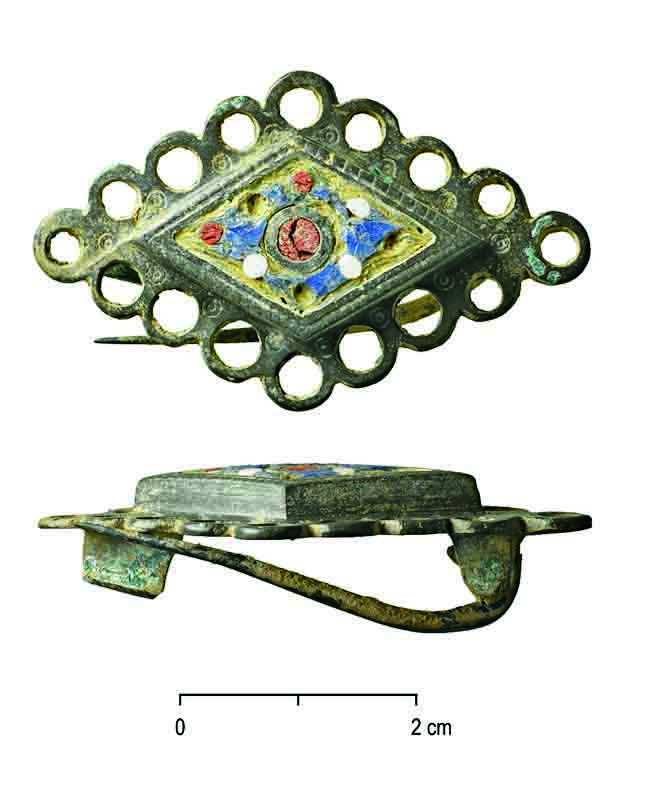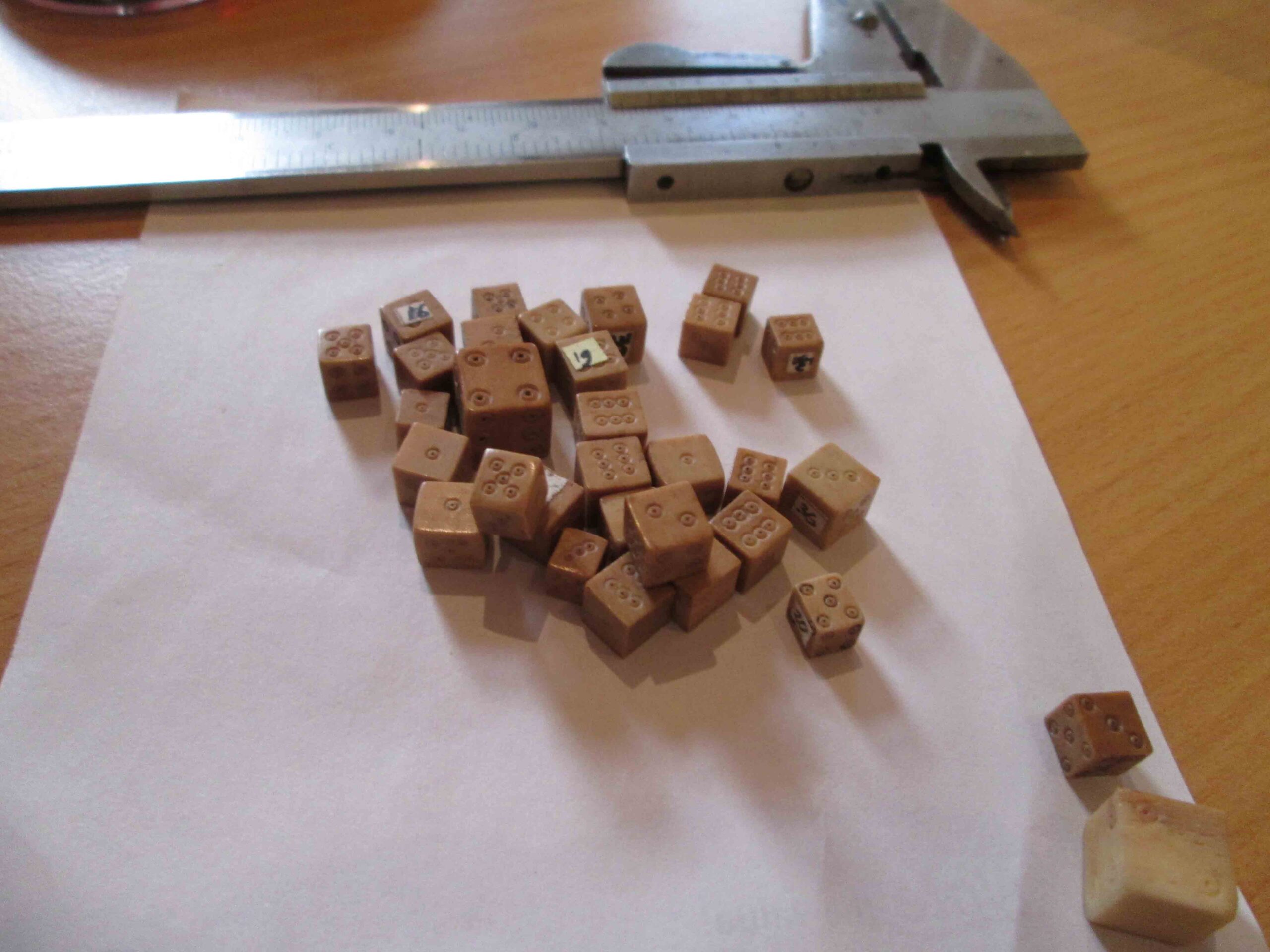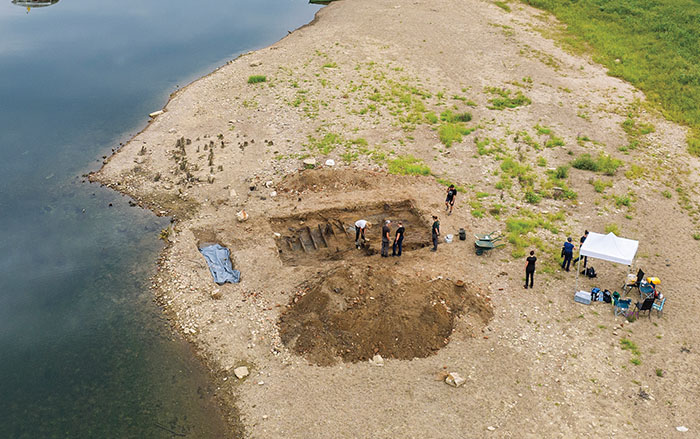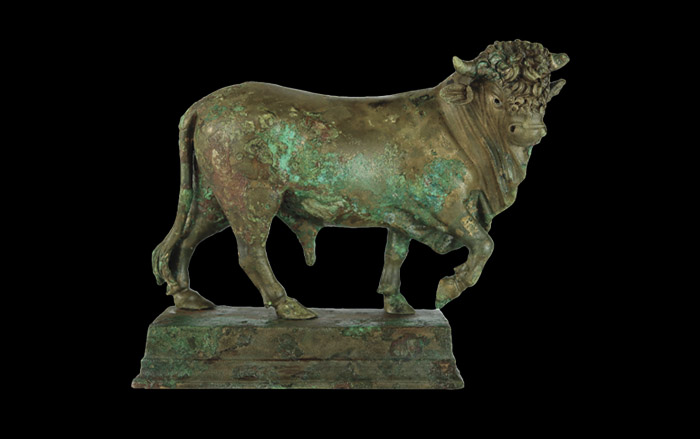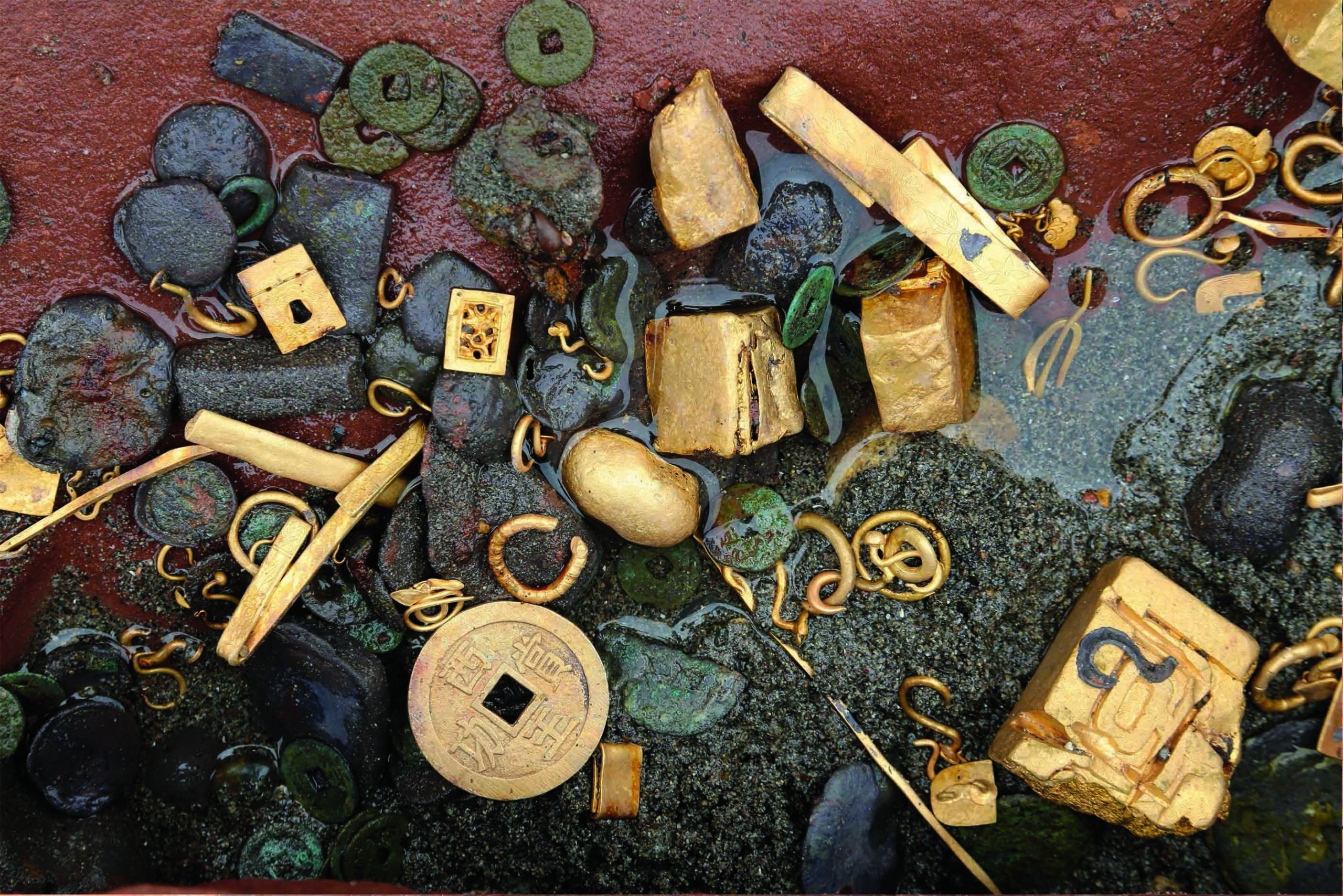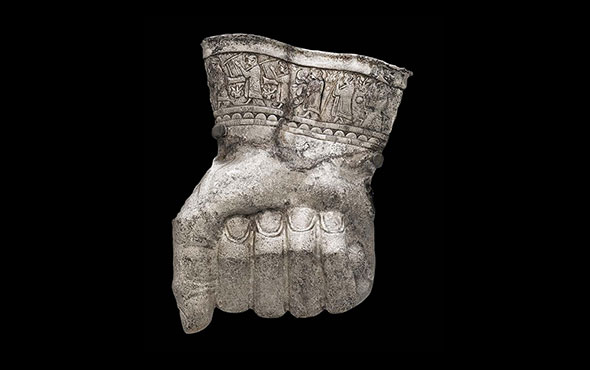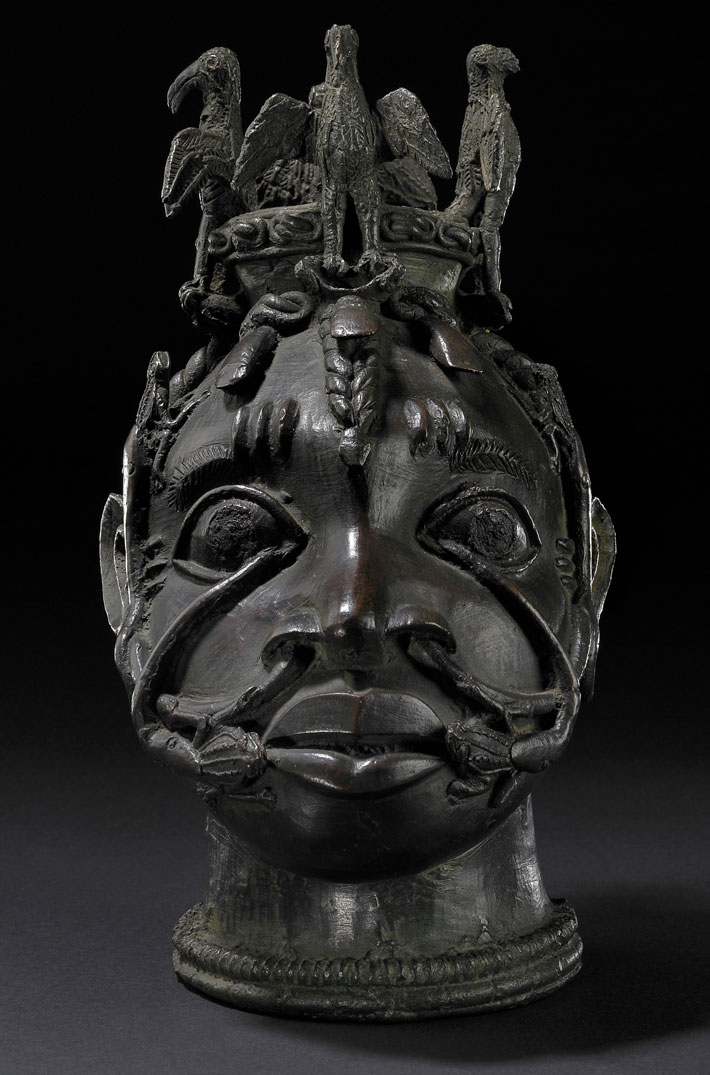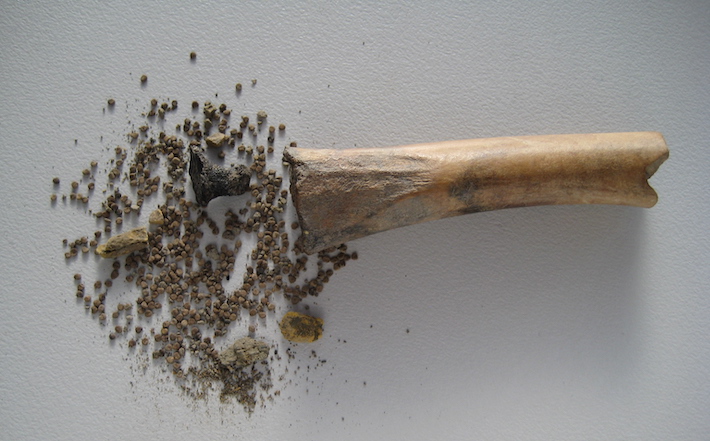
BERLIN, GERMANY—According to a Live Science report, hundreds of black henbane (Hyoscyamus niger) seeds have been discovered in a container made from a hollowed-out goat or sheep thigh bone that had been sealed with a plug made of black birch bark. The container was discovered in a pit at Houten-Castellum, a settlement in the Netherlands, and has been dated to between A.D. 70 and 100, based upon the style of ceramics and a wire brooch that were also recovered from the pit. First-century A.D. Roman naturalist Pliny the Elder wrote that the tiny, highly poisonous seeds could induce insanity and giddiness. The seeds have previously been found at other archaeological sites in Europe, but because the plant grows as a weed, it was not clear if black henbane had been used medicinally. “The find is unique and provides unmistakable proof for the intentional use of black henbane seeds in the Roman Netherlands,” concluded zooarchaeologist Maaike Groot of the Free University of Berlin. Read the original scholarly article about this research in Antiquity. For more on the history of medicinal plants, go to "The Archaeology of Gardens: Medical Gardens."


